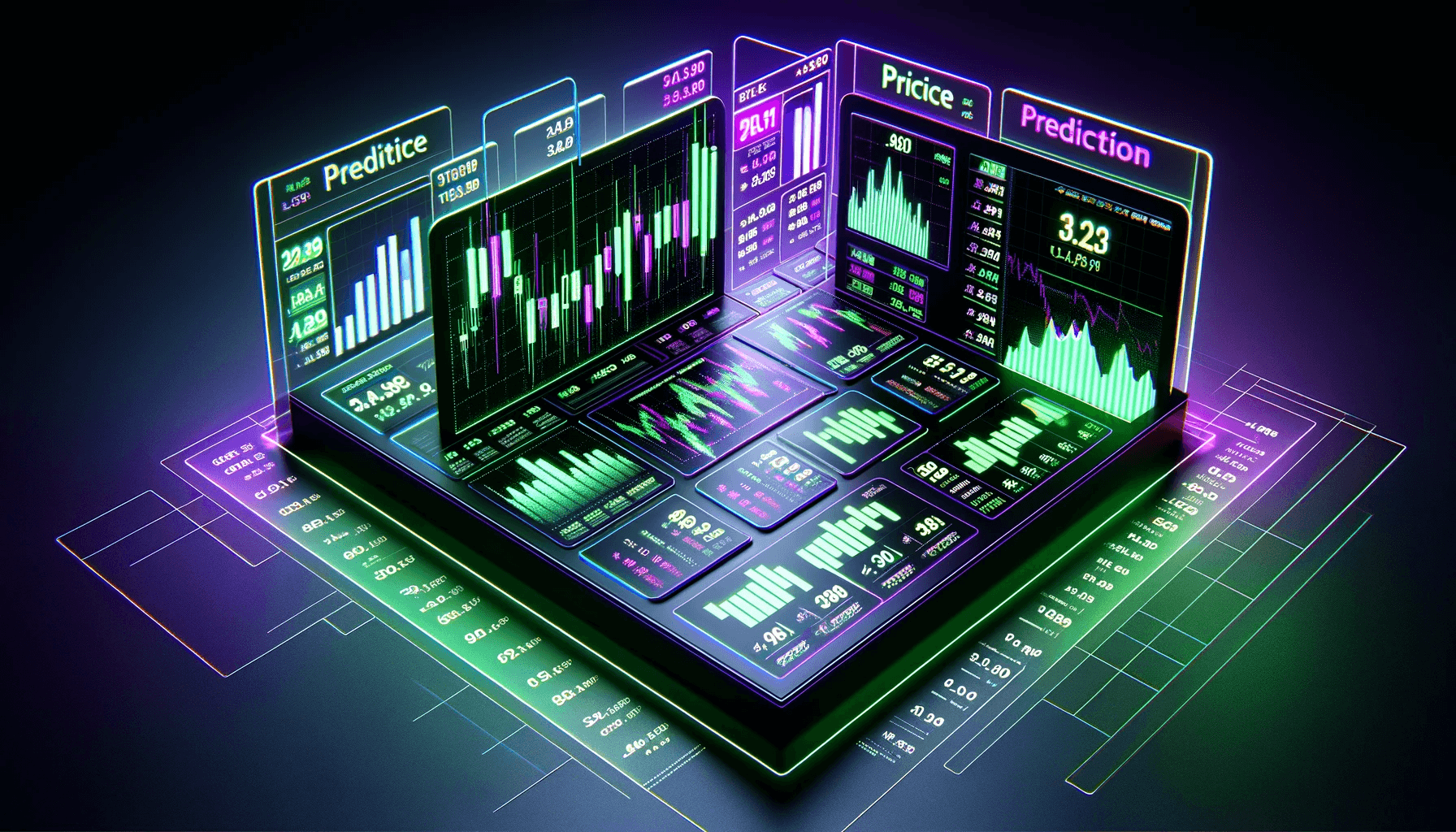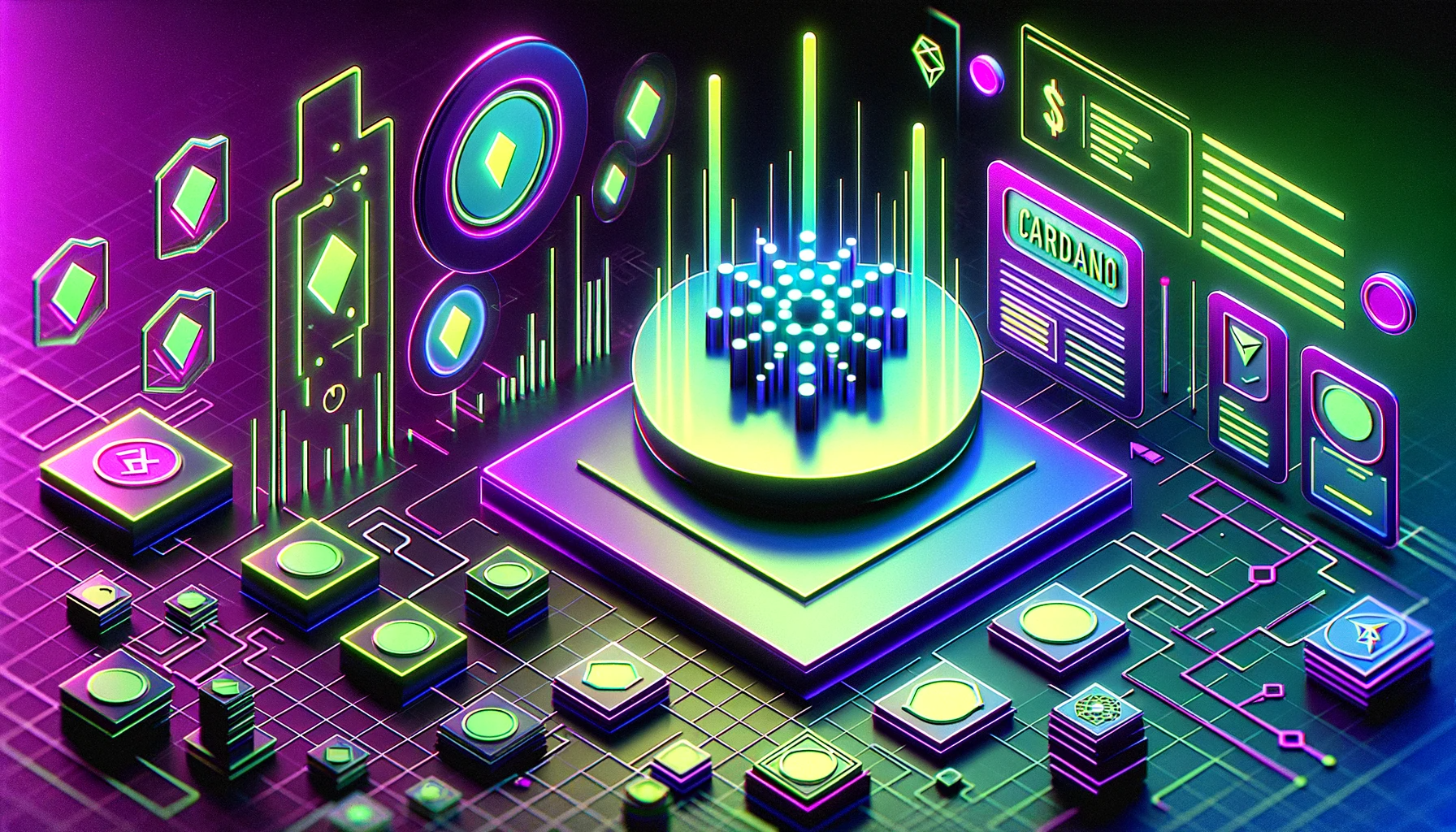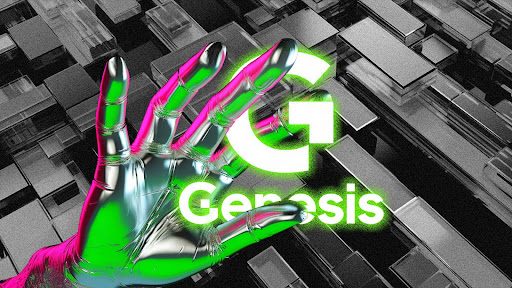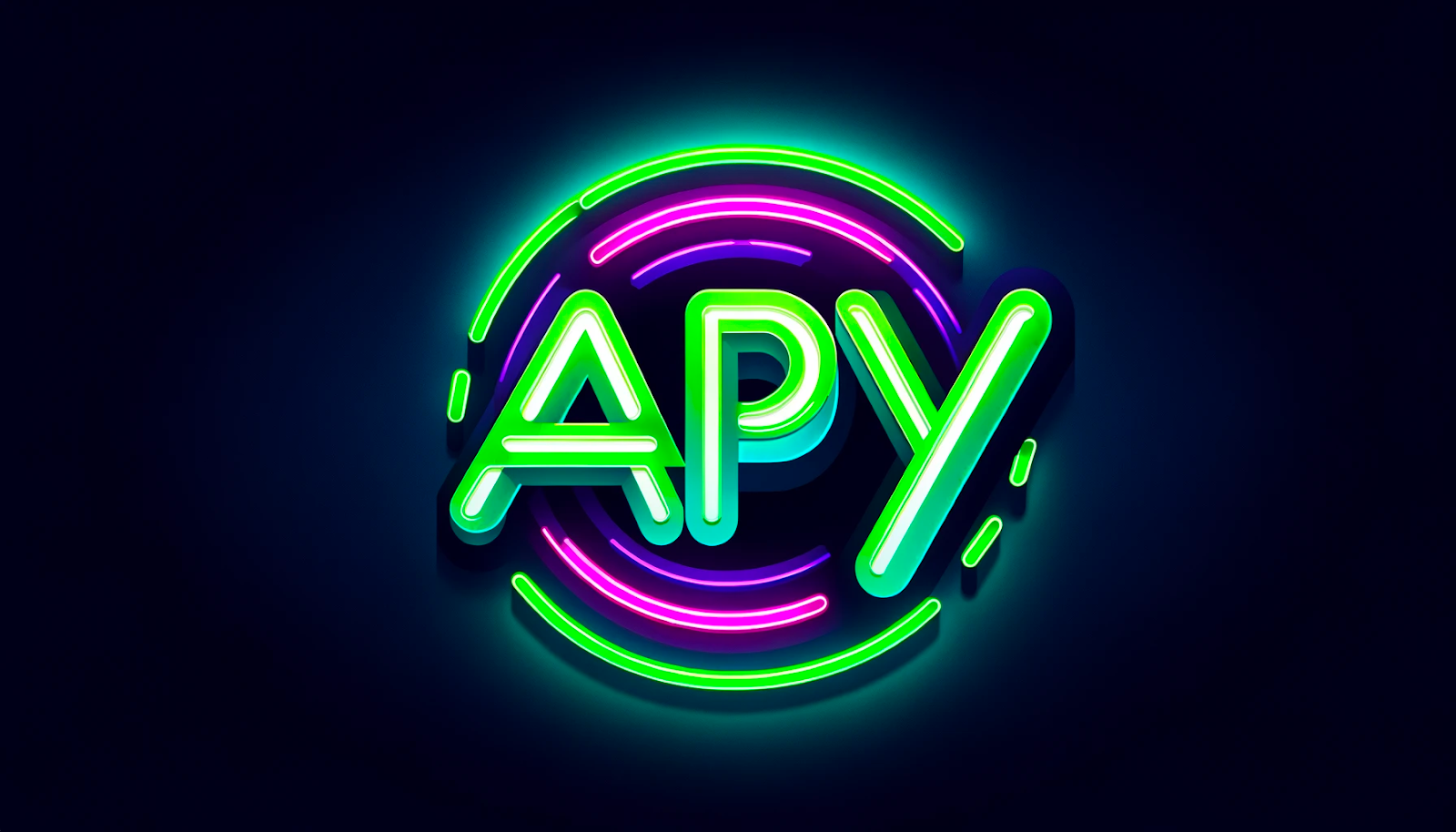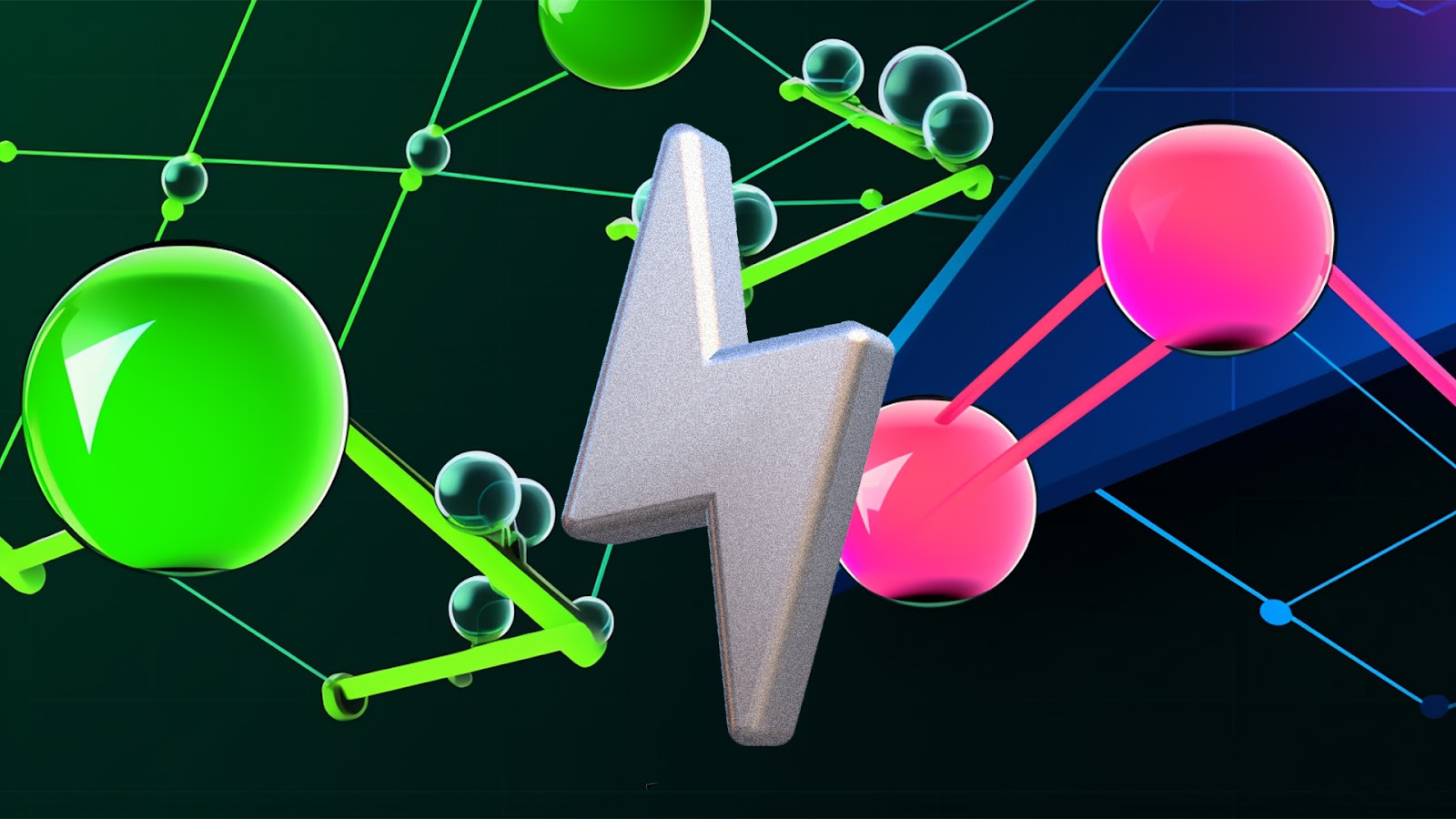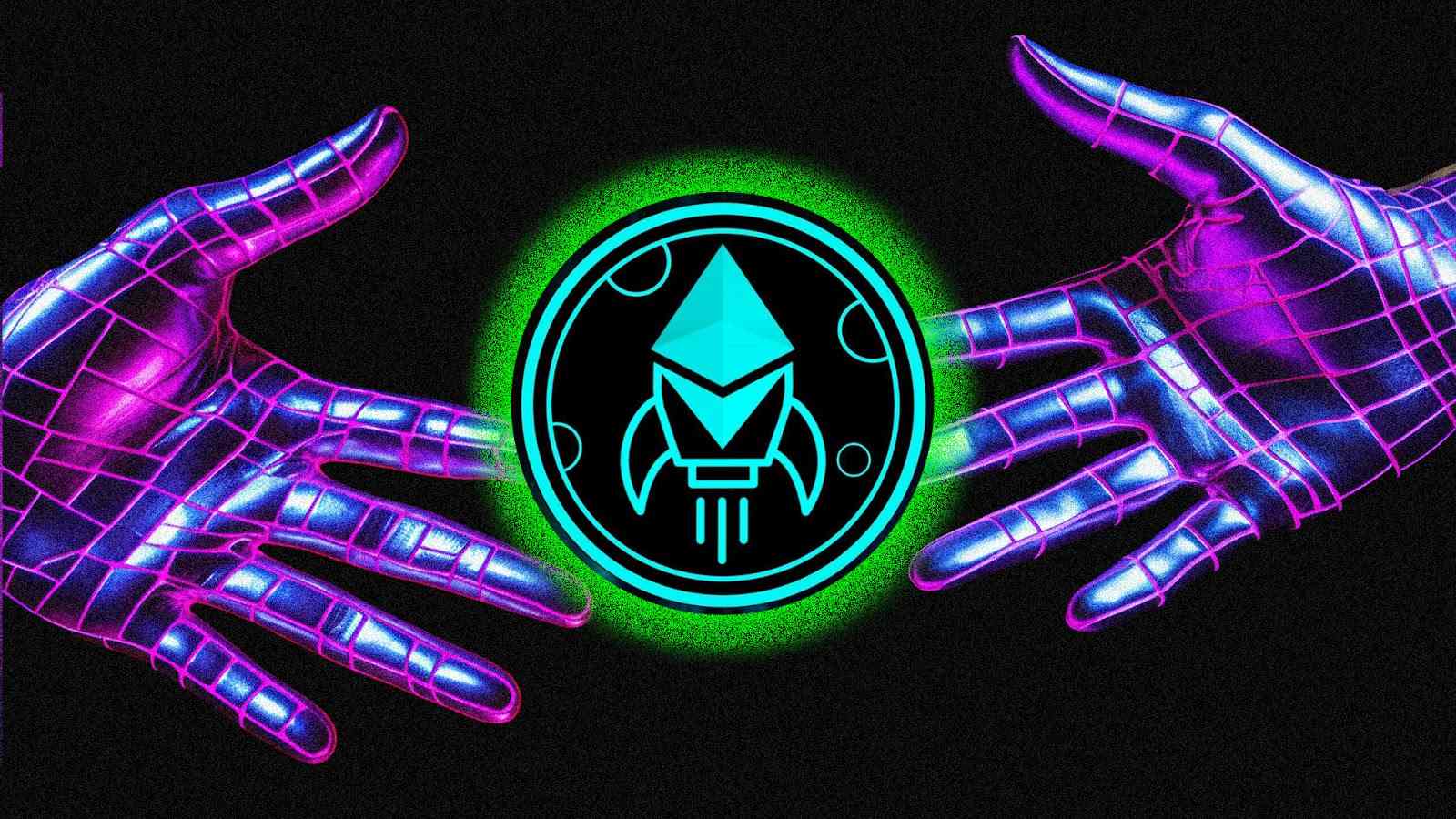
The concept of smart contracts has been around for nearly 30 years. However, the development of smart contracts in practice began around the time of the launch of blockchain technology. Smart contracts can sometimes be referred to as ‘digital agreements’ and allow the automatic transfer of value between parties when certain conditions are met.
What are popular smart contract use cases? How do smart contracts work and why do we use smart contracts? In this article we explore the basics of smart contracts alongside a variety of smart contract use cases that involve both on-chain and off-chain agreements.
What are Smart Contracts?
Smart contracts are pieces of code that self-execute when agreed upon conditions are met. This could be for anything including the exchange of cryptocurrencies or other digital assets, real estate, or other goods and securities. Smart contracts are replacing traditional contracts through peer-to-peer transactions, removing the need for third party intermediaries. Furthermore, smart contracts allow for the exchange of value or agreements between anonymous parties without a requirement for middlemen, centralised authorities or legal system.
Smart contracts are written and executed using blockchain technology. Therefore, once a smart contract is completed, the agreement becomes publicly available and immutable meaning it cannot be altered or reversed. Records are stored in a decentralised manner on a distributed database.
Smart contracts are a key feature of blockchain development. There are many smart contract use cases within the Web3 industry. Plus, smart contracts hold potential for a variety of use cases in off-chain industries. We’ll discuss on-chain and off-chain smart contract use cases further on.
History of Smart Contracts
Nick Szabo, a cryptographer and computer scientist, and founder of the virtual currency “Bit Gold” in 1998, was the first person to introduce the concept of smart contracts in the 1990s. Szabo released a paper in 1994 defining a smart contract as “a computerised transaction protocol that executes the terms of a contract.”. In short, he wanted to design a digital protocol that used mathematical algorithms to execute transactions for information transfer across a secure network of computers. Transfers would be executed once pre-determined conditions were met.
While the concept of smart contracts was popularised in the mid 1990s, the application of smart contracts didn’t come into fruition until around 20 years later. This is because the distributed ledger technology (DLT) wasn’t available then. In 2009, the first blockchain network, Bitcoin, launched. With this came the ability for peer-to-peer transactions based on mathematics and cryptography. Nevertheless, Bitcoin’s design is as a payments network. It wasn’t until the launch of the Ethereum blockchain network in 2015 that smart contracts became widely available. Today, there are many other smart contract-enabled blockchains however Ethereum remains the most popular.
How Do Smart Contracts Work?
Smart contracts are like an upgraded digital version of a traditional contract as an agreement between two or more parties. There are several steps to creating and executing smart contracts on the blockchain.
Firstly, each party must agree to the terms and conditions of the smart contract arrangement. This includes the value to be exchanged and the conditions that need to be met in order for the exchange to go through. Next, the smart contract is created. Depending upon the agreement the parties could create the contract themselves or hire a smart contract developer. Smart contracts must be written in a special programming language specifying the terms and conditions. As the execution of smart contracts is immutable, it is critical that the design is correct at this stage to avoid any security risks later down the line.
Once the design of the smart contract is completed it is deployed to the blockchain in a similar fashion to any other cryptocurrency transaction with the relevant code being stored in the data field. At this stage, the contract cannot be changed or reversed. The next step involves the predetermined conditions, or triggers, being met as outlined in the smart contract. This could be anything that can be digitally verified including the receipt of a payment, a date or time, or a bill received. The event triggers the execution of the smart contract automatically which will then perform the actions outlined in the design. This could be registering ownership of an asset (such as NFTs or real estate) or the transfer of funds.
As smart contracts operate on the blockchain, the execution process takes as long as it does to verify a transaction on the network. This can range from a few seconds to a few minutes, drastically shorter than the weeks or months it can take for traditional contracts to go through. The execution of the smart contract is recorded to the blockchain network and it becomes publicly available for review at any time.
Smart Contract Use Cases
As a digital upgrade of traditional contracts, smart contracts have a wide range of use cases. Further, smart contract use cases can be categorised as having on-chain or off-chain utility.
On-chain Smart Contract Use Cases
Decentralised Applications (Dapps)
The Ethereum network introduced a blockchain architecture designed specifically for smart contract development. As a decentralised landscape, developers can design and deploy smart contracts to create a host of decentralised applications (Dapps). This includes decentralised finance (DeFi) applications such as exchanges and staking platforms where users can exchange their crypto assets or earn a passive income. Additionally, smart contract use cases extend to the creation of decentralised social media sites and gaming applications.
Cryptocurrencies & NFTs
Smart contracts are often used in the tokenomic designs of cryptocurrency projects. Examples of smart contract use cases include token burning, where a certain amount of tokens or coins are removed from circulation to adjust the supply and demand and thus value of a cryptocurrency. Also, smart contracts are used for staking assets including cryptocurrencies and non-fungible tokens (NFTs). In the past year, smart contract use cases have brought about the concept of ‘dynamic NFTs’. In summary, dynamic NFTs are unique assets that can change overtime and be upgraded at a later date thanks to smart contracts.
Internet of Things (IoT) devices
IoT devices are hardware that transmit data across the internet and blockchain networks. Offering hybrid on-chain and off-chain smart contract use cases, IoT devices can be used in conjunction with the self-executing code. For example, a smart fridge IoT device could trigger a smart contract to order milk when there is little milk left. Alternatively, IoT temperature probes could monitor the temperature of goods in transit and trigger a smart contract if the temperature rises or falls below the required condition. This could even trigger a new batch to be sent out as a replacement of faulty goods before the spoiled batch reaches its destination.
Off-chain Smart Contract Use Cases
Insurance Industry
The insurance industry is notoriously slow at processing and handling claims due to the need to verify events. Introducing smart contracts means payouts could be near instant if conditions are met and verified on the blockchain, such as weather events or natural disasters.
Real Estate & Mortgages
Traditional contractual agreements for purchasing real estate typically takes months to process involving buyers, sellers, estate agents, surveyors, lawyers and potentially other parties involved in a chain. Switching to smart contracts will drastically increase the speed and cost of the transition of ownership. This could include residential and commercial buildings, flats, houses, or land deeds. Plus, mortgages on the blockchain is another smart contract use case which holds billions in potential as decentralised borrowing and lending protocols become more readily available.
Healthcare Industry
Examples of smart contract use cases can also be seen in the healthcare industry. This could include patient records being transferred and accessed by different teams or departments. Additionally, smart contracts could be used in the supply chain of medicines and clinical research, improving the traceability and efficiency of the development of new medicine.
Elections
Thanks to blockchain technology, smart contracts can eliminate the risk of fraud. As such, another set of smart contract use cases can be seen with elections. Smart contracts could validate a voter’s identity and record a vote on the blockchain using public and private key cryptography ensuring reliability and privacy of a voter’s decision.
Benefits of Smart Contracts
Immutability
Smart contracts improve reliability of agreements between parties due to the data being immutable, meaning it cannot be adjusted or destroyed. Further, if one party fails to meet the agreed arrangements, the other party will be covered as per the conditions of the smart contract.
Transparency
Smart contracts are trustless - meaning there is no need for a third party intermediary or middleman. Agreements are direct between parties and publicly recorded on the blockchain across a network of computers so details and terms won’t get lost.
Automatic
As self-executing pieces of code, smart contracts drastically increase the speed of contractual agreements. Plus, there is no need for third party services, saving time and paperwork whilst minimising the potential for errors.
Reduce Costs
With the removal of intermediaries there is a reduction in operational costs. Traditional contracts can cost hundreds or thousands of pounds. However, smart contracts cost a fraction of this largely due to the automation of the process. The only cost involved is when a smart contract is executed on the blockchain, incurring gas fees to process the transaction.
Smart Contract Use Cases Summary
Smart contract use cases can be seen in a wide variety of industries. This extends to all areas where traditional contracts are used; including supply chains, healthcare, elections, finance, and more. Smart contracts are the foundation layer of the decentralised web allowing for the development of innovative applications. Plus, smart contracts can add utility and value to assets including cryptocurrencies and non-fungible tokens (NFTs).
Want More Cutting-Edge Crypto News?
Follow Us: X TikTok Instagram Telegram LinkedIn
Sign up to our newsletter at the bottom of the page
Check Out Our Top 10 Crypto Currencies of 2023
This article is intended for educational purposes and is not financial advice.



